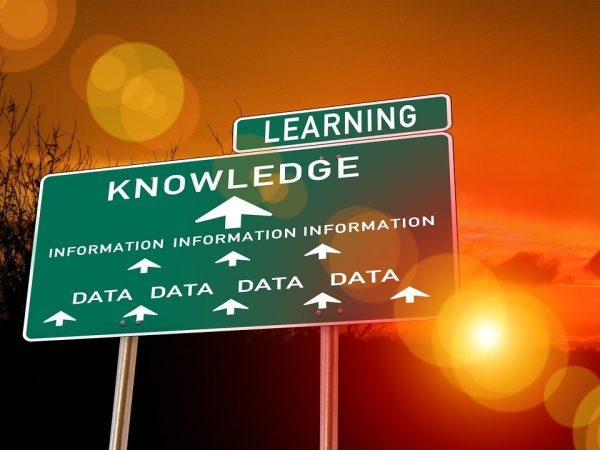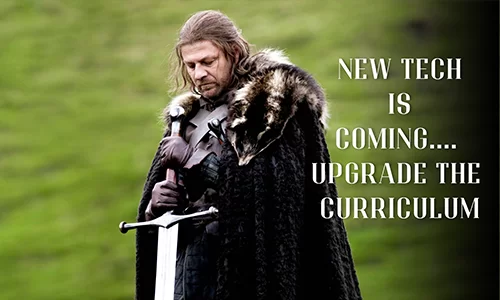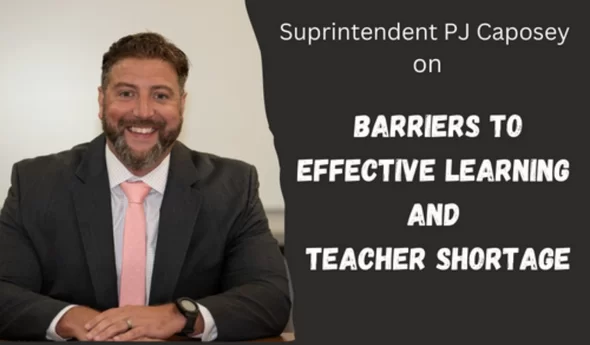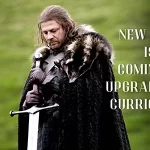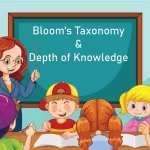What is Depth of Knowledge?
A senior research scientist and mathematics teacher from the University of Wisconsin-Madison, Norman L. Webb, conducted extensive research throughout the 1990s and developed a system for methodically analysing education-related tools and standardized assessments called the Depth of Knowledge (DOK).
Originally, Webb developed Depth of Knowledge only for the field of mathematics and science standards. However, the scope of his research and the concepts he presented had wide application. So they have been further elaborated and employed in the fields of language arts, social studies, science, mathematics, and history.
Through this post, we’d like to re-examine one of the most influential (sometimes even controversial) models ever to be introduced in education as objectively as possible. What’s more, since the application of this rubric for alignment analysis is extremely far-reaching, it is often misconstrued.
Webb’s Depth of Knowledge
In his Depth of Knowledge module, Webb specified four distinct levels that have been adapted to various subjects and are accordingly applied to suit the needs of that field. Also, each level categorizes a group of tasks and represents distinct levels of proficiency in the subject under consideration or depth of knowledge.

DOK Level-1. Recall and Reproduction
It includes tasks that require a simple recollection of concepts, data, definitions, information, and procedures. Moreover, it is specific to the subject under consideration, focusing on the material being taught or learned. Thus, without a stronghold of this level, students will find it difficult to perform the tasks based on consequent levels. The possible activities involved with this Depth of Knowledge level are:
- Create a chart that shows…
- In your own words, write about ….
- Report to the class…
- Writing exercises that follow certain criteria and set of rules (using punctuation, spelling, etc.)…..
- Locate specific information showed in tables, charts, maps, drawings, graphs, etc….
DOK Level-2. Applying Skills and Concepts
This level makes use of various concepts and mental skills to perform tasks, answer questions, make comparisons, and the conversion of information from one form to another. Therefore, these actions require multiple steps or mental processes.
The information learned should be used in a unique context, i.e., the target information is transformed before it is conveyed.
The following activities are involved with this Depth of Knowledge level:
- Represent the relationship between a number of principles and or concepts….
- Explain a particular concept…
- How to perform a specific task….
- Create a quiz/puzzle/game about the topic….
- State an explanation for the given topic for other readers….
DOK Level-3. Strategic Thinking
The tasks involved with this level of Depth of Knowledge require in-depth understanding and thinking processes like analysis and evaluation for explaining answers, results, and reasons. In other words, the representation of the reasoning behind any conclusion reached is an identifier of the Depth of Knowledge Level-3.
Students need an abstract frame of mind for this level. They also have to collect information from multiple fields and collate it into a cohesive solution for the stated problem. The tasks relevant to the Depth of Knowledge Level-3 are:
- Use Venn diagrams to represent the similarities or dissimilarities between different topics….
- Construct a flow chart showcasing the critical stages of a process….
- Classify the actions of the characters in a novel….
- Identify a list of criteria to judge a particular object or topic….
- Use analysis and evaluation to solve certain real-world problems….
DOK Level-4. Extended Thinking
The tasks assigned to this level are complex and require a strong grasp of the previous levels as well as builds on them. Also, learners have to conduct an investigation through planning, reflection, assessment, and adaption of information from various sources to solve real-world or academic problems over a period of time. Potential projects for this level of Depth of Knowledge are:
- Come up with a jingle to sell a product….
- Activities that require a variety of mental and physical skills…
- Create a menu for a restaurant that focuses on healthy food….
- Come up with tasks that involve formulating and testing hypotheses over a certain period of time…
- Use the appropriate information and solve certain ill-defined problems in novel situations….
To read more about other education standards, visit our blog page.
Create. Engage. Inspire

